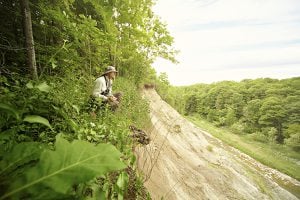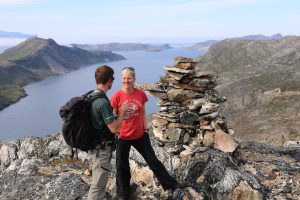
Places
Smother Nature: The struggle to protect Banff National Park
In Banff National Park, Alberta, as in protected areas across the country, managers find it difficult to balance the desire of people to experience wilderness with an imperative to conserve it
- 3507 words
- 15 minutes






